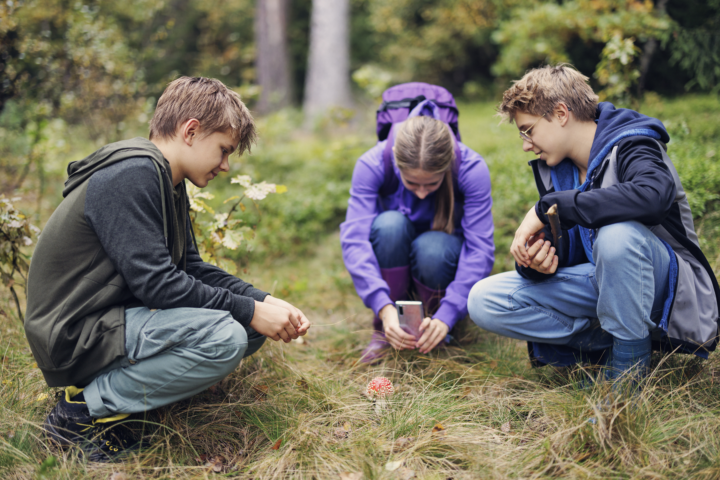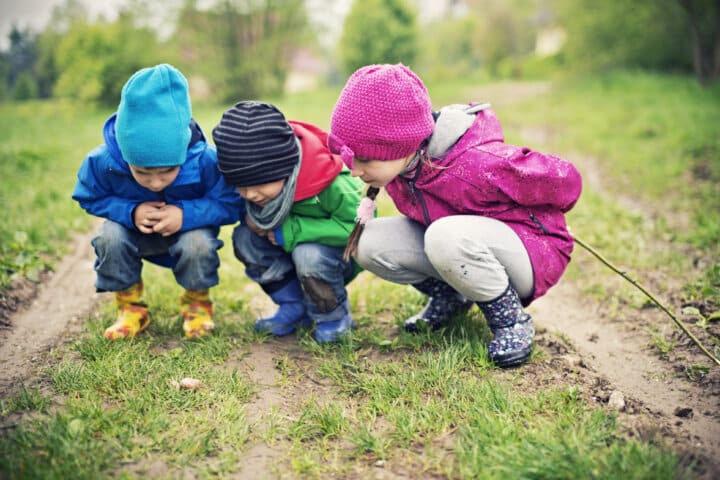Learning physics with Controllable Worlds: Perspectives for examining and augmenting physics students’ engagement with digital learning environments
Elias Euler har forskat om digitala lärandemiljöer i fysikundervisningen.
Elias Euler
Bor Gregorcic, Uppsala universitet Profesor Cedric Linder, Uppsala universitet
Professor Michael C. Wittmann, University of Maine
Uppsala universitet
2020-11-19
Learning physics with Controllable Worlds: Perspectives for examining and augmenting physics students’ engagement with digital learning environments
Institutionen för fysik och astronomi
Abstract in English
In this thesis I present a collection of case studies involving small groups of participants using ‘Controllable Worlds’—i.e., a particular class of physics digital learning environment (DLE) including simulations, ‘microworlds,’ and educational games that provides users with control over manipulable virtual environments. Throughout the thesis I employ and develop several perspectives for the interpretation, analysis, and instructional guidance of physics students’ engagement with DLEs. While this thesis focuses in particular on participants’ use of the 2D Newtonian software Algodoo and the PhET simulation My Solar System, I also contribute to a more general scholarly discussion on student interaction and technology use in physics education. One such contribution, which relates to my development of an overarching taxonomy for learning environments, is the theoretical distinctions between ‘constrained’ and ‘less-constrained’ DLEs and between DLEs with high and low degrees of ‘semi-formality.’
The work of this thesis is largely based on five peer-reviewed publications, the content of which can be organized into three broader themes. In Theme 1, called ‘Bridging the physical and formal,’ I incorporate the perspectives of semi-formalisms, modeling, Papertian constructionism/microworlds, and informal learning to examine the ways in which less-constrained DLEs such as Algodoo can mediate between the ‘physical world’ and ‘formal world’ of physics. In Theme 2, called ‘Embodiment and the making of meaning,’ I incorporate the perspectives of multimodal social semiotics, embodied cognition, and kinesthetic/embodied learning activities in order to form a multi-perspective analytic model for examining a pair of students’ embodied interactions against the backdrop of the PhET simulation My Solar System. In Theme 3, called ‘The responsive role of the teacher,’ I incorporate the perspectives of responsive teaching, the variation theory of learning, and the grounded theory family of methods in order to explore a teaching arrangement that combines less-constrained DLEs like Algodoo with the feedback of a responsive teacher.
Especially as compared to PER work that aims to measure learning gains or conceptual mastery via assessment tools, I opt to focus instead on the mechanisms of meaning-making that occur between the ‘pre’ and ‘post.’ Thus, I am able to contribute to the theoretical picture of students’ meaning-making in digitally-rich physics learning environments. Across all of the studies in this thesis, I show how the use of technology like Controllable Worlds can lead to student behavior which is productive for physics teaching and learning in ways that may be altogether unexpected.
Relaterade länkar

Biologi
 Åk 7–Vux
Åk 7–Vux Hållbar utveckling i förskolan
 Fsk
Fsk 




